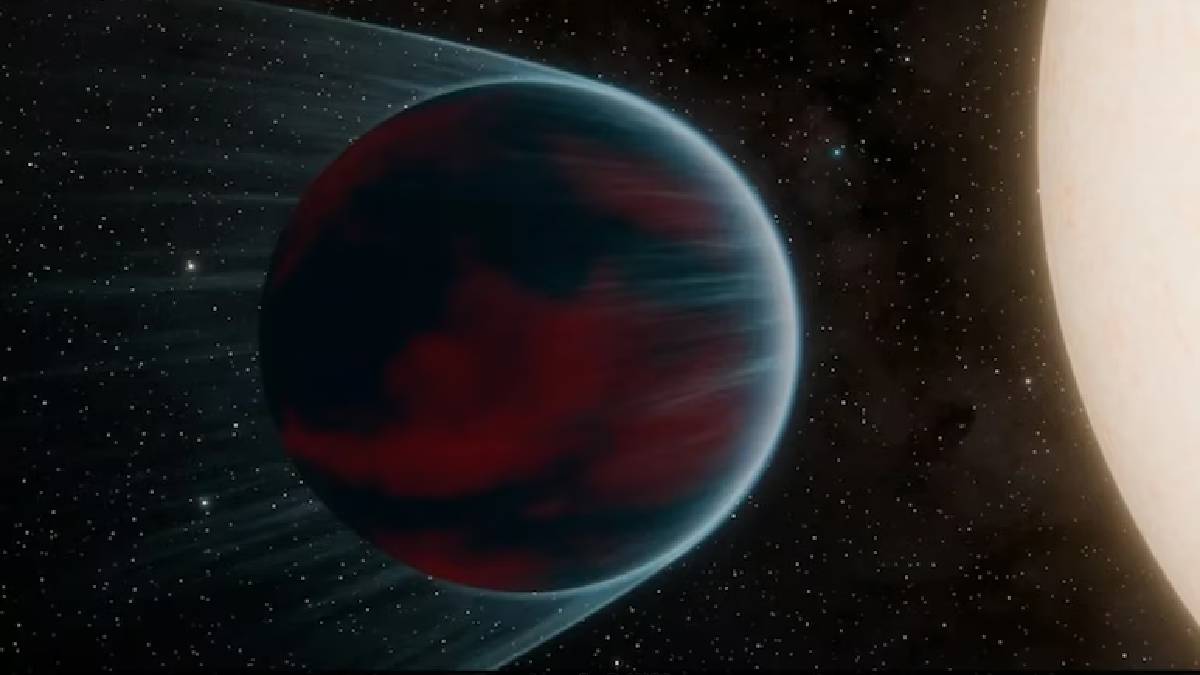Discovery of exoplanet TOI-3261 b NASA has With the help of its Transiting Exoplanet Survey Satellite. It is also called TESS. For this, the company is following up and it is being monitored through Australia, Chile and South Africa based telescopes. The discovery found that this planet belongs to a rare category called Hot Neptunes. This is a category in which very small planets fall, which revolve very close to their star and whose revolution time is very short. The year on TOI-3261 b is only 21 hours long.
Scientists have tried to know the history of this planet through advanced modeling techniques. It may be 6.5 billion years old. This hot planet might have been a gas giant like Jupiter in the initial phase, which would later have transformed into another form. The density of TOI-3261 b is said to be twice that of Neptune. It is believed that light particles would have evaporated from its atmosphere over time and only heavy particles would have survived. This shows that there must have been a variety of elements in the atmosphere of this planet at one time.
Scientists are still unable to find out its exact composition. To find out, astronomers will observe this planet through infrared light. For this, NASA can take the help of its James Webb Space Telescope. After this, it will be known what physical processes are going on on it due to which this exoplanet remains so hot. At present, NASA scientists are busy in further research about it.
Gadgets 360 for the latest tech news, smartphone reviews and exclusive offers on popular mobiles. Android Download the app and follow us Google News Follow on.



